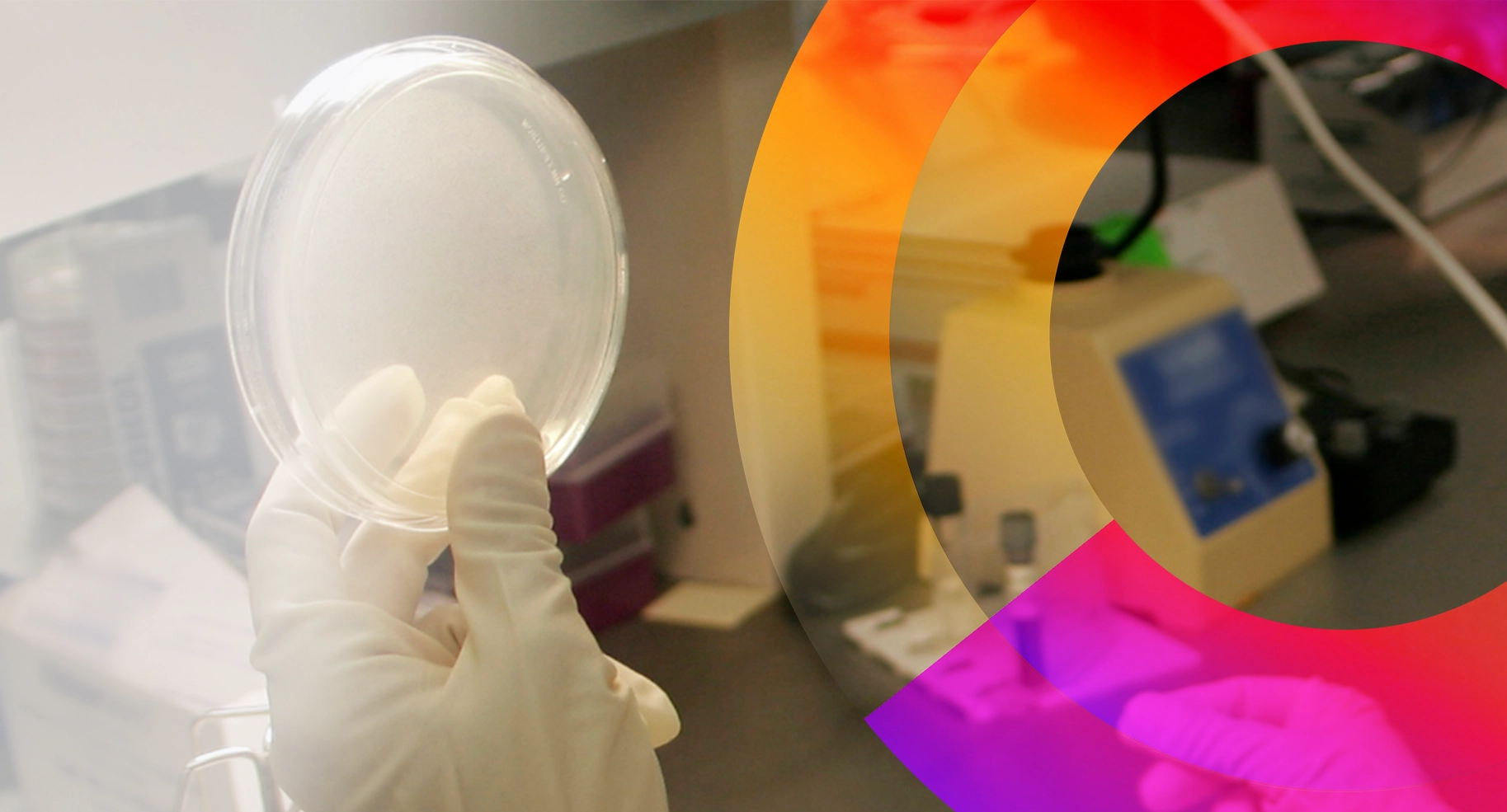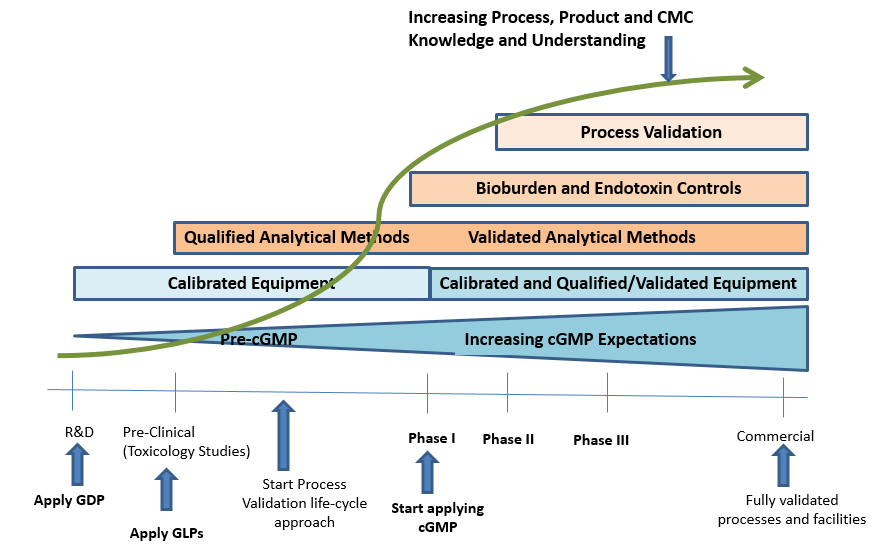August 3, 2021
August 3, 2021
It's no secret. To be successful in the life sciences industry you must accomplish a lot – achieve and maintain profitable growth, deliver safe and effective products to patients quickly, manage costs, and meet stringent regulatory requirements. It's a wonder how companies actually succeed.
Many successful life sciences companies have found outsourcing to be the key to overcoming these challenges. By forming strategic relationships with outsourcing partners, companies can focus on core competencies, access specialized expertise, achieve cost savings, and operate with greater flexibility and operational agility.
Not too long ago, it was standard practice for pharma, biotech, and med device companies to outsource non-core functions, including IT and human resources. However, to be more competitive in a highly volatile global market, companies are outsourcing secondary, but equally important core functions such as R&D, manufacturing, and quality management.
While outsourcing can strengthen a company's bottom-line, there are several key areas where outsourcing is making a significant difference.
Bringing a product to market is a long process, full of peaks and valleys. During the development phase is typically when drug and device companies leverage outsourcing as it allows them to streamline operations and keep the focus on the science. But in a very short period of time – almost in the blink of an eye – a much higher level, and greater number, of resources is needed to meet clinical trial and go-to-market demands. Outsourcing ensures the right resources at the right time.
When it comes to advancing in the clinical phases and commercialization, drug and device companies face many complex regulatory and compliance challenges. In an increasingly global market, organizations spend a great deal of time and resources to meet both local and regional regulatory requirements, but companies often overlook the growing number of additional processes and compliance standards that are necessary to enter new markets. Outsourcing partners can help ensure that processes align to requirements and advise on how to eliminate gaps and meet ongoing compliance requirements across the globe.
While a lot of focus is on innovation and cost in life sciences, time-to-market is a significant concern. Even a small reduction in drug development time can yield substantial cost savings and significant benefits. In addition to rising development costs, limited internal resources often prevent companies from getting new products to market, making improvements to existing products, or expanding their product pipeline. Outsourcing partners can help expedite time-to-market by bringing together external expertise, and additional production capabilities – just to name a few.
While drug and device companies continuously face new challenges, one thing remains the same – broad sections of the global patient population need to be supplied with affordable products. Despite escalating research and development costs, companies must consistently provide high quality at a lower cost. Companies are searching for any way to cut costs while maintaining quality and meeting compliance. Outsourcing enables companies to execute development and/or production activities externally, where it may be more cost-effective. Additionally, a big advantage of outsourcing is avoiding or postponing significant capital investments, thus reducing drug development costs.
The life sciences industry is known for groundbreaking innovation that has the potential to truly transform global health. Because there is such focus on innovation, companies are constantly working to develop new and improved products but are often limited to the in-house expertise. Outsourcing, combined with data sharing infrastructures, is exceeding those restrictions, and facilitating the connection of experts from around the world.
While there's global market access opportunities in the life sciences industry, it may not be feasibly possible to build an entire arm of your company in a new country or region. Outsourcing partners provide life sciences companies the opportunity to quickly expand into new or emerging markets – and much quicker than the competition.
For companies seeking European market access, outsourcing to a firm than can perform QP batch certification services under its own Manufacturing and Important License (MIA) – is most often the only solution to this critical and complicated process.
Our team of experts bring in-depth industry experience and global market knowledge to support your outsourcing needs by providing a full suite of services across each phase of product development through commercialization.
Our success is dependent upon the development of solid and enduring relationships with our clients. Such relationships are the direct result of our ability to continuously meet and exceed our client's expectations. We act as an external extension of your company by providing the specific services necessary to meet your unique needs.
Our team of compliance and quality specialists bring breadth and depth of experience into life science consulting, applying proven and proprietary project management methodologies to help our clients successfully bring products to market. Whether you need short- or long-term staffing resources, GxP consulting services, or rapid remediation assistance to get a project back on track, ProPharma provides a carefully cultivated solution to meet your unique needs.
Don't leave your project to chance. Speak with a ProPharma life science consulting expert today.
TAGS: Life Science Consulting

October 23, 2023
In today's highly regulated pharmaceutical, biotechnology, and healthcare industries, maintaining compliance with GxP Practices, and other regulatory requirements is paramount. Failure to meet these...

May 13, 2024
In today's dynamic business landscape, organizations in the drug, biologics, and medical device industries face the dual challenge of delivering quality products while managing tighter budgets and...

November 23, 2020
Over the past several decades, the traditional approach to drug development and manufacturing has expanded to include the outsourcing of a range of functions from product development and testing, to...